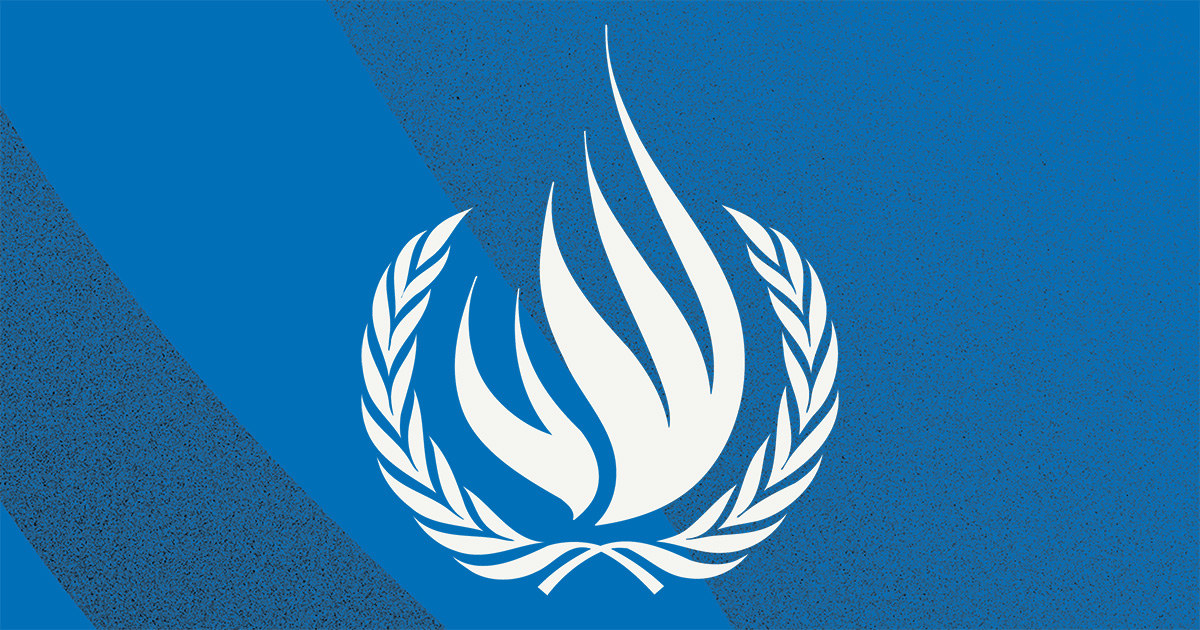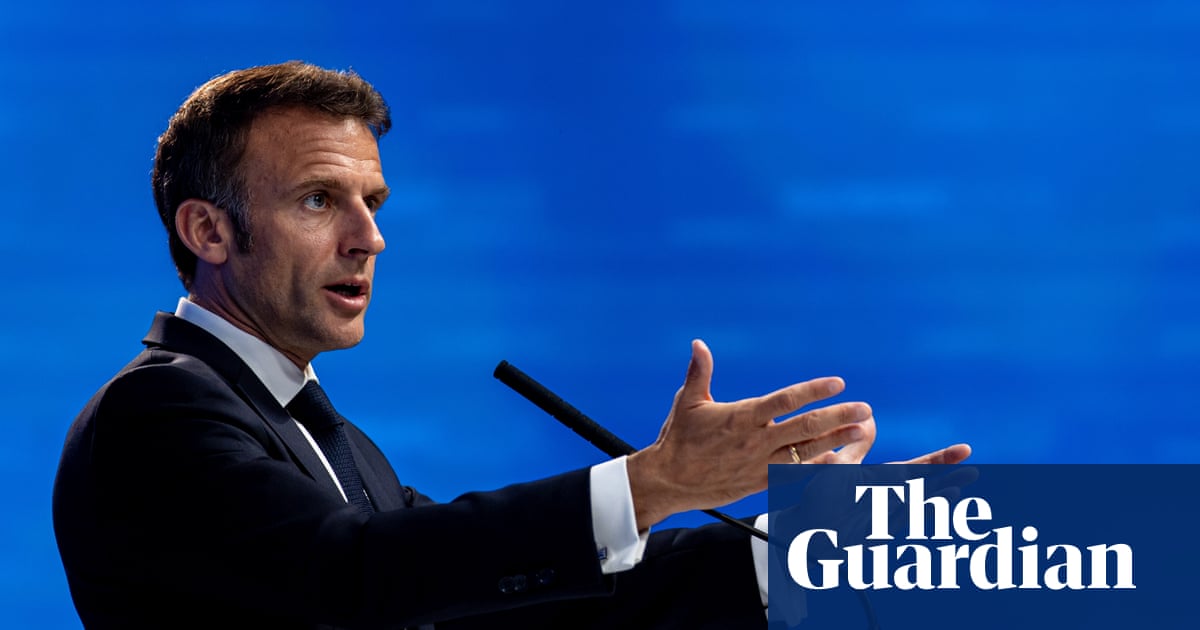
Members of Congress and activist groups have called on Facebook to address its “Spanish-language disinformation crisis”, urging the company to make major policy changes on the platforms it owns.
In a new campaign launched on Tuesday, the Democratic representative Tony Cardenas of California and groups including Free Press Action, the Center for American Progress and the National Hispanic Media Coalition charge that Facebook is not doing enough to combat “rampant Spanish-language disinformation” circulating on Facebook, WhatsApp and Instagram that is putting Latino communities at risk.
“[Facebook has] allowed their platform to be used to amplify hate and disinformation about and at our community,” said Jessica J González, the co-CEO of the media reform advocacy group Free Press at the launch of the #YaBastaFacebook campaign. “It shows a complete disregard and complete disrespect for the Latino community.”
The calls come amid growing warnings from advocacy groups that Facebook removes Spanish-language misinformation less consistently on its platforms than it does misinformation in English.
Facebook in past years has introduced several policies to address misinformation, hate speech, and violent organizing including militias on its platforms. But researchers previously told the Guardian that the company does not appear to enforce those policies equally when it comes to misinformation in Spanish.
While 70% of misinformation in English on Facebook ends up flagged with warning labels, just 30% of comparable misinformation in Spanish is flagged, according to a study from the human rights non-profit Avaaz.
Misinformation in Spanish covers a variety of topics, but most common are posts about vaccine misinformation and political misinformation. Cardenas, the congressman from California, said on Tuesday that he had seen the impact of Spanish-language misinformation in his own family, fielding questions from his 70-year-old mother-in-law, who primarily speaks Spanish, about whether the Covid-19 vaccine would implant a microchip inside her. She told him she got the information online.
“It is a perfect example of how vulnerable this community can be,” he said. “I have found in my own district, my community, we are seeing that it is affecting willingness to get a vaccine. Facebook cannot ignore a community of 60 million people in America.”
To step up its fight against misinformation in Spanish online, the #YaBastaFacebook organizers say the company should appoint an executive to oversee Spanish-language content moderation and enforcement, increase transparency regarding content translation and algorithms, and hire more Spanish-language content moderators based in the United States.
Facebook denies treating misinformation in Spanish differently and has said its policies apply equally to all languages. A spokesperson told the Guardian on Tuesday that the company has removed millions of pieces of Covid-19 and vaccine-related content in the past year and has provided free advertising space to health organizations to promote reliable information about the pandemic.
“We’ve met with these organizations and share their goal of stopping Spanish-language misinformation on our apps,” the spokesperson said. “We’re continuing to work on stopping misinformation, including Spanish-language content, and want to continue our dialogue with these groups to strengthen our approach.”
It is not the first time Congress members have pointed at Facebook over Spanish-language misinformation concerns. In September 2020, the US representatives Debbie Mucarsel-Powell of Florida and Joaquín Castro of Texas asked the FBI to investigate disinformation targeting Latinos in Florida before the presidential election, citing a surge in social media posts with “false or misleading information”.
Neither Congress member responded to request for comment regarding the results of those requests. Cardenas said he planned to ask Mark Zuckerberg about these issues when the Facebook CEO and other tech executives testify in front of members of the House energy and commerce committee on 25 March.
“We are going to be asking Mark Zuckerberg very direct questions, on the record, in front of everyone about Facebook’s commitment to protecting Spanish-speaking users,” said Cardenas. “We expect more than rhetorical answers – we expect real and specific answers.”












